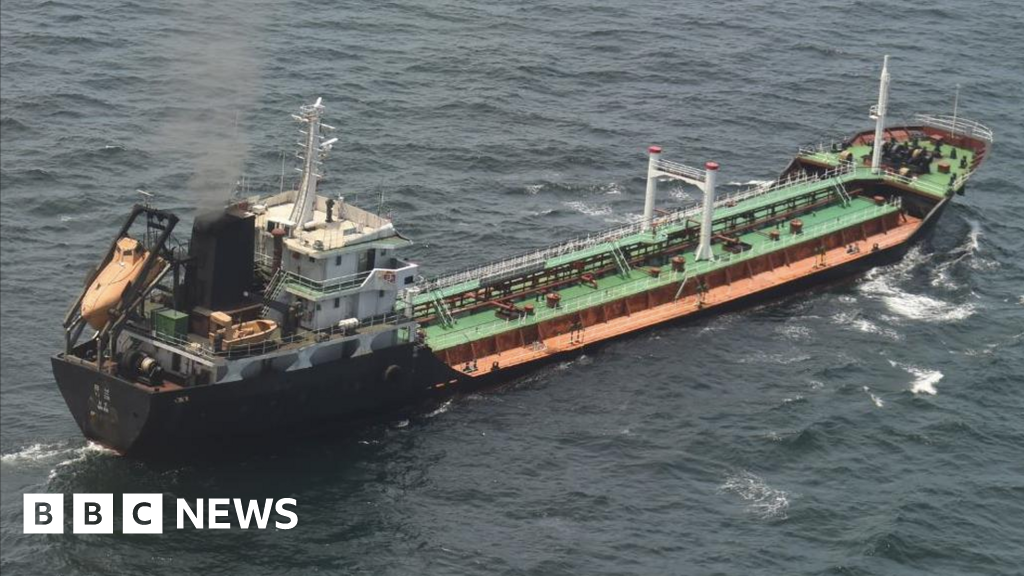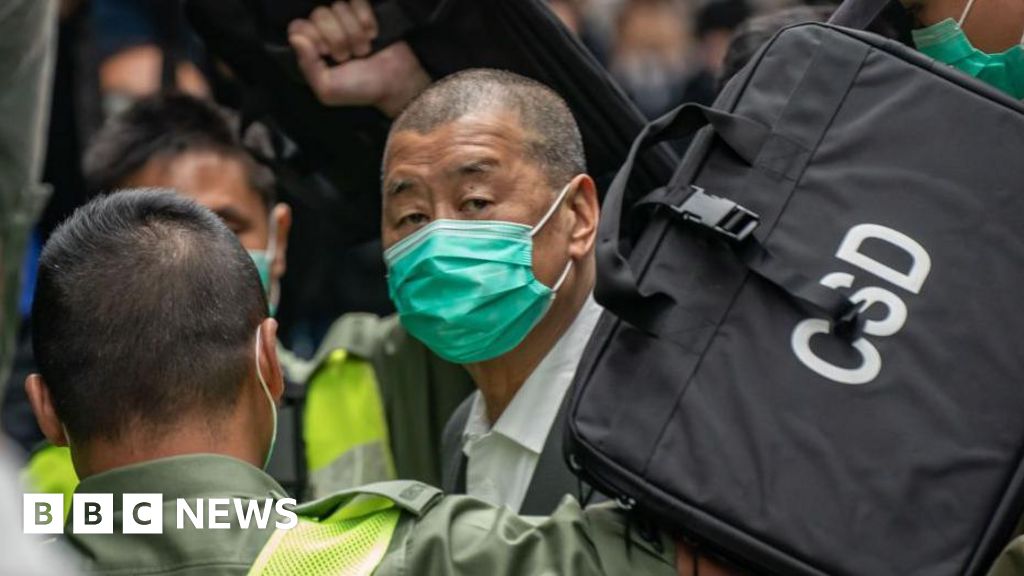President Biden will announce in his State of the Union on Thursday that he is ordering the U.S. military to build a floating pier off Gaza, in what the White House called an “emergency mission” that would allow hundreds of truckloads of additional aid to be delivered by sea to Gazans who are on the brink of starvation.
Based on the description provided by White House and military officials, the temporary port for aid delivery would be built from U.S. ships, and then moved close to shore, attached to some kind of temporary causeway.
The project could take more than 30 to 60 days, according to officials, and would involve hundreds or thousands of U.S. troops on ships just off shore, in keeping with Mr. Biden’s mandate that no American soldiers be on the ground in Gaza as the conflict rages. Briefing reporters, administration officials said that the port would be constructed in cooperation with other countries in the region.
American officials said that they “worked closely” with Israelis as they developed the seaport initiative, but they did not specify whether Israel would provide direct assistance or support for its construction or operation.
One U.S. official said that Israel had worked for months with the U.S. and other nations to develop an inspection process at a port in Cyprus from which humanitarian aid could be examined and then delivered — a key requirement for the new American port in Gaza.
Israel’s government did not immediately confirm that it had agreed to allow aid to enter Gaza from the sea, but Israeli approval would be needed since the country controls the waters off Gaza and security within most of the enclave.
Shani Sasson, a spokeswoman for COGAT, the Israeli agency which regulates aid to Palestinians in Gaza, did not respond to a request for comment.
One Israeli official, speaking on the condition of anonymity to discuss diplomatic negotiations, said that under the latest plan, aid donated by the United Arab Emirates would be sent to Cyprus, where it would eventually be inspected, then transported by ship to the coast of Gaza.
Israel would be involved in the inspection process, and the World Central Kitchen, Chef José Andrés’s organization, would bring the aid to shore using smaller boats, the official said. World Central Kitchen already has volunteers on the ground in Gaza.
Two diplomats briefed on the plans said the latest plans would see the port erected on Gaza’s shoreline slightly north of the Wadi Gaza crossing, where Israeli forces have erected a major checkpoint.
The Army Corps of Engineers has long experience in the rapid construction of floating docks to accommodate U.S. military operations. One of the main military units involved in the construction will be the Army’s 7th Transportation Brigade (Expeditionary), out of Joint Base Eustis-Langley, Va., near Norfolk, according to U.S. Defense Department officials.
The ships, which are large, lumbering vessels, will need armed escorts, particularly as they get within range of the Gaza coast, the officials said, so the Defense Department is working through how to ensure their protection as they build the pier. Assuring them that armed protection could take weeks to a few months, and the White House put no firm timeline on the construction effort.
The new facility, if opened as scheduled, could provide another way to get truckloads of aid into the region. But officials did not go into detail about how aid delivered by sea would be transferred from the coast further into Gaza, where humanitarian groups say hundreds of thousands of people are facing a famine. One option is to keep the platform at sea and transfer the goods by smaller boats; another would be to build a temporary causeway that would enable trucks to pick up the goods directly.
Yet simply delivering aid by sea does not directly solve the central problem that the trucks have been unable to deliver their goods amid intense Israeli shelling and ground fighting, which remains fierce in the South. Nor would it address the chaos that has accompanied the deliveries.
A convoy of aid trucks last week was overrun by Gazans desperate for food and water, leading to more than 100 deaths when Israeli soldiers opened fire and many people were trampled in the chaos.
The announcement came just hours before Mr. Biden was scheduled to deliver the State of the Union address, which family members of some of the hostages being held by Hamas since the Oct. 7 terrorist attack in Israel are expected to attend. The new project gives Mr. Biden a concrete project to point to at a time that he is under sharp criticism for not reining in Israel’s attacks, and for moving too slowly to address the humanitarian catastrophe unfolding in Gaza.
The new seaport, when completed, would be an additional route for humanitarian aid, which is currently limited to two land crossings into the southern part of Gaza. Officials said Thursday that a third land crossing, into the northern part of Gaza, could open to limited deliveries within a week.
Mr. Biden also recently ordered the U.S. military to drop aid into Gaza by air. American pilots dropped their fourth load into the territory on Thursday.
Jamie McGoldrick, the top U.N. relief official in Jerusalem, said a maritime corridor could help the hunger crisis in Gaza but would not be a replacement for opening more overland routes for trucks.
“We support all means of getting supplies into Gaza — maritime, airdrops — but the priority is road convoys,” said Mr. McGoldrick, adding that it would take time to set up the infrastructure for the sea passage.
Eric Schmitt contributed reporting from Washington. Adam Sella and Aaron Boxerman contributed reporting from Jerusalem.










